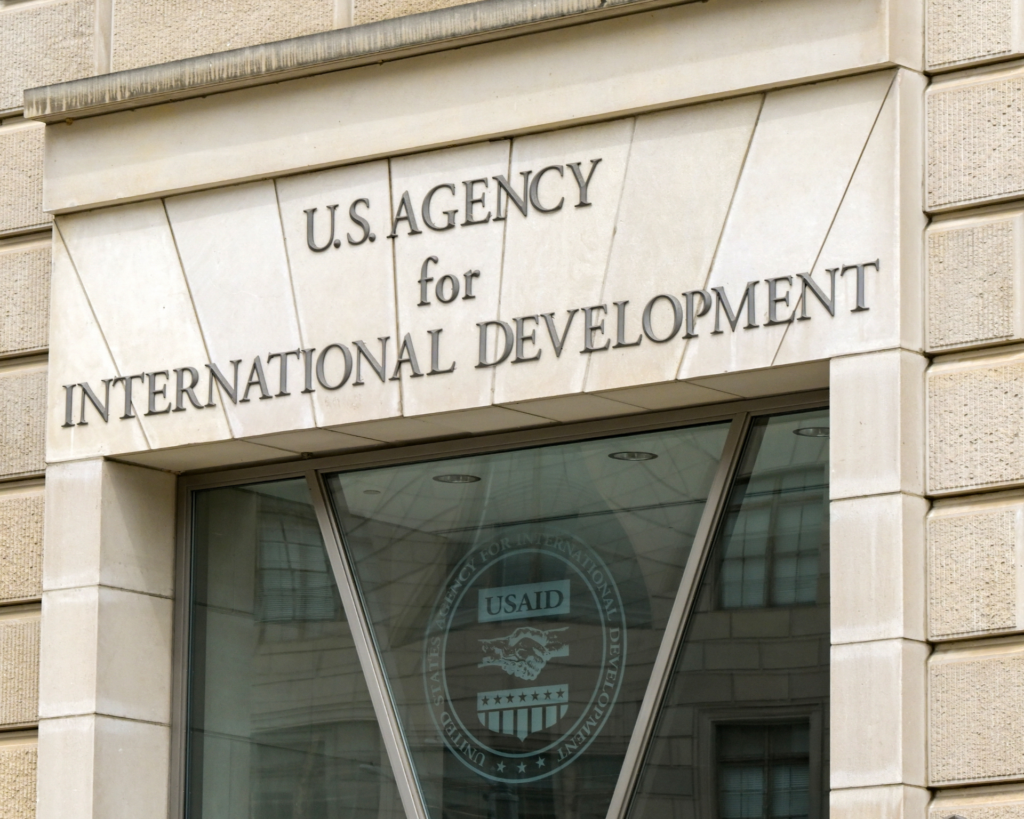Sexual Assault Behind Bars
While gaps in institutional responses to sexual assault existed for all women, injustice was exacerbated for Black women.

Read Time: 3 minutes
Published:
There are 231,000 girls and women incarcerated in the United States. Non-consensual and abusive sex is all too common in women’s prisons and jails. Over half of all incidents of sexual misconduct and assault in correctional facilities are perpetrated by staff.
The #MeToo movement sparked a national conversation about sexual violence and led to accusations, protests, and indictments against hundreds of people for sexual misconduct. This conversation in mainstream media, however, has largely ignored incarcerated women.
A recent study analyzed reports of staff-perpetrated rape from the class action litigation Neal v. Michigan Department of Corrections. Gina Fedock and colleagues investigated differences between Black and White incarcerated women’s exposure to staff-perpetrated rape. The researchers also assessed racial differences in women’s decisions to report sexual violence, and disparities in correctional staff’s investigation of reports. The study focused on 180 women who participated in the class action lawsuit claiming vaginal, oral, anal, and/or digital penetration by male staff.
Unequal power dynamics in correctional facilities between staff and incarcerated women jeopardize incarcerated women’s safety and wellbeing.
Roughly 90% of the women experienced penetrative abuse multiple times from a single correctional staff member. Over 50% of the women reported incidents to prison staff. Furthermore, more than 80% of the sample suffered staff retaliation such as threats, placement in segregation, and loss of parole for reporting.
The study did not find significant differences between Black and White women regarding age at the time of their assault, number of years served, experiencing retaliation, and decisions to report incidents. However, striking differences were found between prison staff’s responses to Black and White women’s reports.
Two-thirds of White women had at least one of their reports investigated versus less than half of Black women. In addition, of those who had their reports investigated by prison staff, a significantly higher proportion of Black women (60.0%) received an unsubstantiated report outcome than White women (30.8%).
Unequal power dynamics in correctional facilities between staff and incarcerated women jeopardize incarcerated women’s safety and wellbeing. Women are the fastest-growing portion of the imprisoned population. Moreover, in 2017, the imprisonment rate for Black women was twice the rate of imprisonment for White women. As this incarcerated population grows, it is important to elevate justice-involved women’s experiences and stories that largely never come into public view.
Image by Ichigo121212 from Pixabay
If you have been affected by sexual violence and wish to speak with your nearest sexual assault service provider, call the National Sexual Assault Telephone Hotline (RAINN) at 1-800-273-8255 or visit rainn.org.



